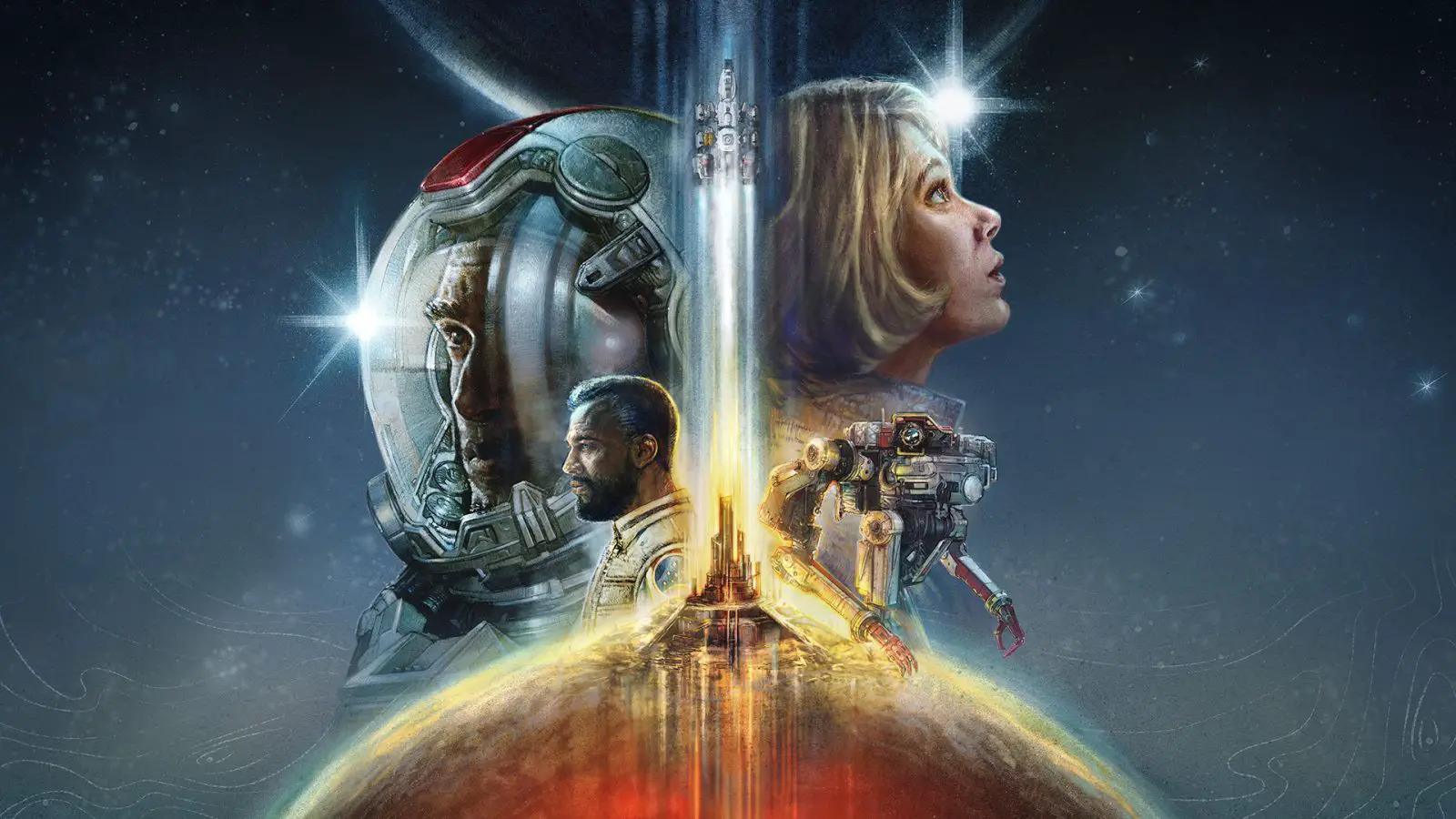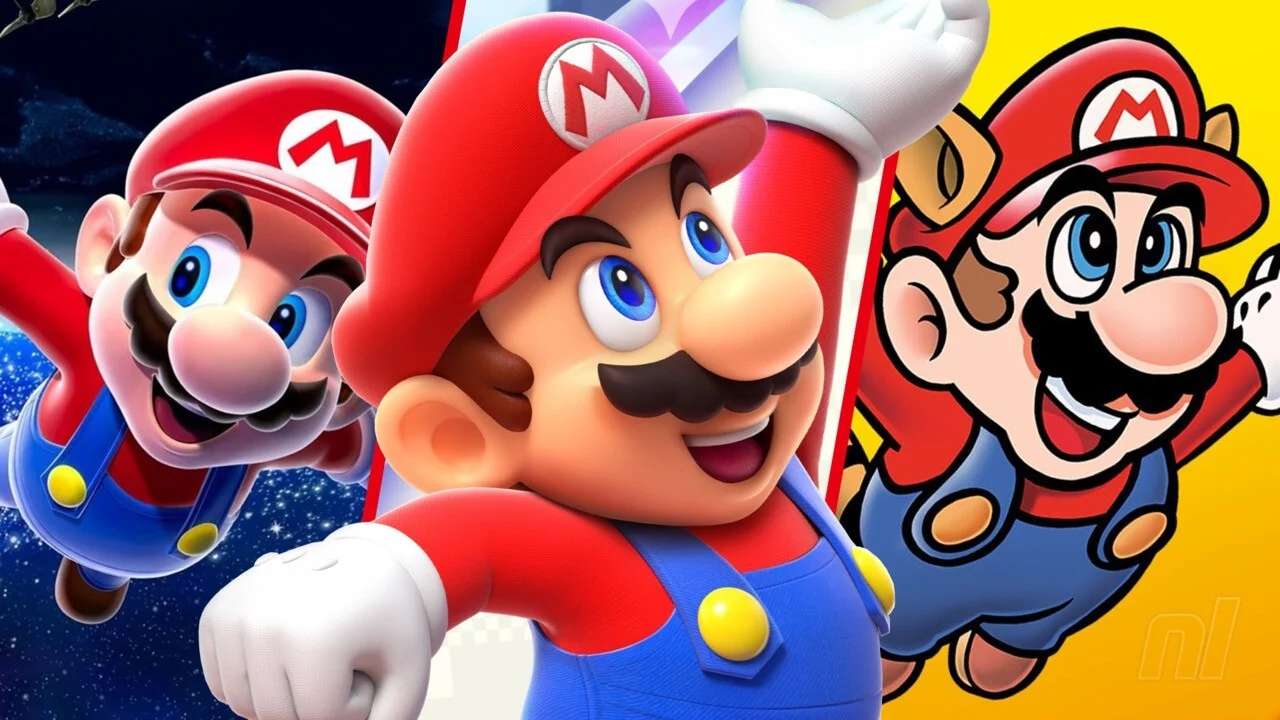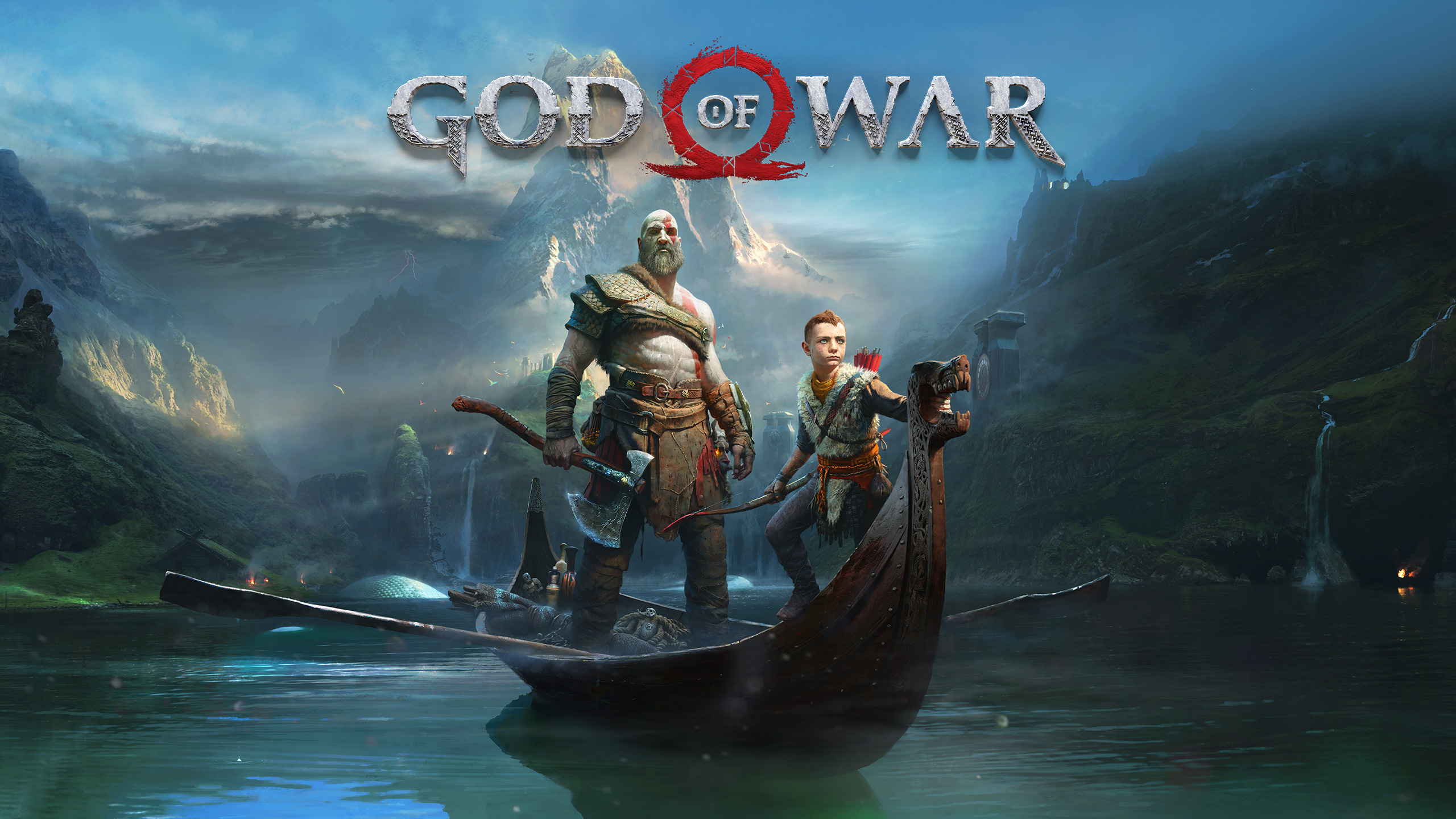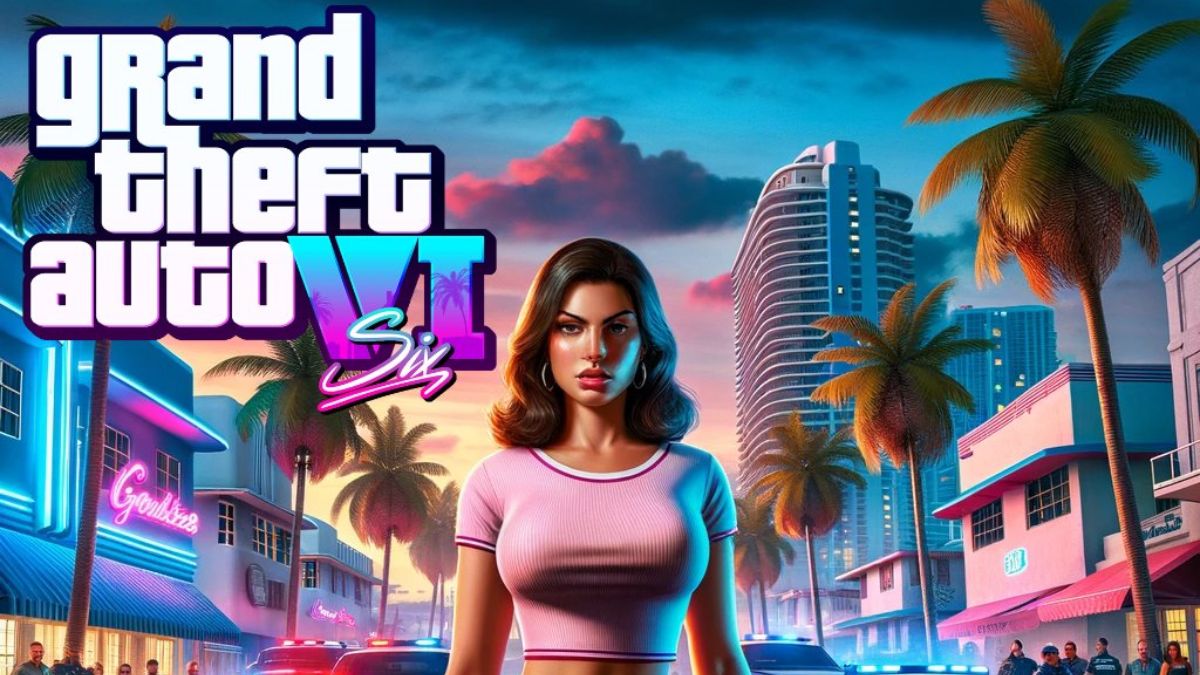Engaging in online games and video games is an enjoyable experience, providing a means to connect and interact with others. Whether on gaming consoles, computers, or mobile devices, many individuals find pleasure in playing games. However, it’s crucial to be aware of the potential dangers associated with online gaming, such as viruses, identity theft, and phishing attacks. Keep reading to discover the primary risks of online gaming and learn effective measures to safeguard yourself.
Engaging in online gaming poses various risks and potential hazards.
The primary dangers associated with online gaming involve:
Malware and viruses:
Downloading cheaper or free versions of your preferred games may expose you to the inadvertent risk of downloading viruses and malware. This risk extends to accessing cheat codes or buying items through third-party sellers. Even legal game downloads carry a potential security gap, leaving you vulnerable. Once malware infiltrates your system, hackers can exploit it to pilfer your personal information.
Identity Theft:
Collecting personally identifiable information is a common practice among cybercriminals as they construct profiles of their potential victims. Engaging in online gaming with strangers introduces a potential risk through the chat function, enabling communication with other players. Criminals may exploit the chat function to obtain sensitive details like your name, phone number, and home address. Therefore, exercising caution about the information you share during gaming is crucial.
Account takeover:
Employing identical usernames and passwords across all your preferred gaming platforms, although not advisable, poses a security risk. In the event that hackers acquire your credentials, they gain access to all your accounts, potentially assuming control. Hackers may resort to brute force attacks, employing automated scripts to attempt unauthorized entry into your account using credentials pilfered from other sources.
Swatting and doxing:
If hackers obtain your personal information, they may engage in doxing, the act of publishing your home address or phone number online. Doxing serves various purposes, including punishing, intimidating, or humiliating the target. Motivations behind doxing actions range from seeking online amusement and disregarding the harm inflicted to mistakenly seeking justice, revenge, jealousy, harassment, and even profit. Doxing is an event that can unexpectedly occur, causing significant disruptions to a person’s life. Furthermore, there have been instances in the gaming realm where doxing led to swatting—criminals misleading law enforcement to your address by fabricating a fake emergency to intimidate you.
Spyware:
Players may become targets of spyware schemes, particularly when engaging with untrustworthy online gaming platforms. Spyware operates by clandestinely monitoring a person’s online activities without their awareness. The recorded information can then be sold to third parties, leading to a breach of privacy.
Data breaches:
Hackers have the capability to directly target game publishers. If they successfully infiltrate a publisher’s systems, they can pilfer a vast amount of information, ranging from the source code and the games themselves to the personal details stored in users’ accounts. An illustrative case is the Zynga data breach, where hackers stole login information (usernames, passwords, and email addresses) for players of Draw Something and Words With Friends. This breach impacted over 172 million accounts, ranking it among the most substantial data breaches in history.
Cross-site scripting:
Outdated gaming platforms may employ insecure methods for handling login credentials, exposing them to a security vulnerability known as cross-site scripting (XSS). This susceptibility allows malicious actors to intercept and pilfer these details, posing a significant risk to user security.
DDoS attacks:
Distributed Denial of Service (DDoS) attacks happen when hackers try to overwhelm gaming servers, resulting in a system crash that disrupts the service. Although it doesn’t entail the theft of user data, it remains a significant inconvenience to users. The downtime and recovery period can also incur substantial costs for the game’s service provider.
Phishing emails:
Phishing emails or deceptive links shared through in-game chat during online gaming serve as a method for hackers to trick individuals into installing malicious software on their devices. These emails or chat messages often mimic legitimate sources, enticing users to download supposed bonus content or access a login page. In reality, these communications are fraudulent and harbor malicious intentions.
Cyberbullying:
In certain instances, gamers may face mistreatment from other players, leading to attempts to humiliate victims. Cyberbullies may go a step further by attempting to manipulate their targets into revealing personal information that can be exploited against them.

Safeguarding against the perils of online gaming requires adopting precautionary measures
Protecting yourself from the risks of online gaming requires implementing sensible precautions and practicing cyber hygiene. Here are some essential measures to follow:
- Use Strong Passwords:
Utilize robust passwords with a minimum of 12 characters, including a mix of upper- and lower-case letters, numbers, and symbols. Avoid using easily guessable information such as sequential numbers or personal details. - Set Up Multi-Factor Authentication:
Enable two- or multi-factor authentication for an additional layer of security. This often involves receiving a code on your phone or email during the login process. - Protect Personal Information:
Refrain from including identifiable information in gaming usernames and exercise caution when sharing personal details on gaming forums or through headsets. - Download Only from Legitimate Sources:
Steer clear of downloads from unofficial or pirated sources to prevent introducing viruses or malware. Stick to reputable download sites for enhanced game security. - Be Alert to Hidden Charges and Scams:
Familiarize yourself with terms and conditions to understand potential charges. Exercise caution when engaging in transactions related to in-game ‘property’ and be vigilant against scams. - Keep Software Up to Date:
Ensure that your devices and software are regularly updated to benefit from the latest security patches addressing vulnerabilities. - Beware of Phishing Emails:
Exercise caution with emails urging immediate action, avoiding clicking on links, opening attachments, or responding to suspicious emails. - Dispose of Gaming Devices Safely:
When disposing of a gaming device, delete personal information and account details to protect your privacy. - Use a VPN When Playing Games:
Employ a Virtual Private Network (VPN) to conceal your location and enhance protection against attacks like DDoS. VPNs also provide added security for data transactions.
- Install and configure a reputable VPN.
- Understand the terms of service, including privacy policies.
- Note that VPNs complement but do not replace standalone antivirus software.
By incorporating these practices, you can maximize safety while enjoying the benefits of online gaming.
























